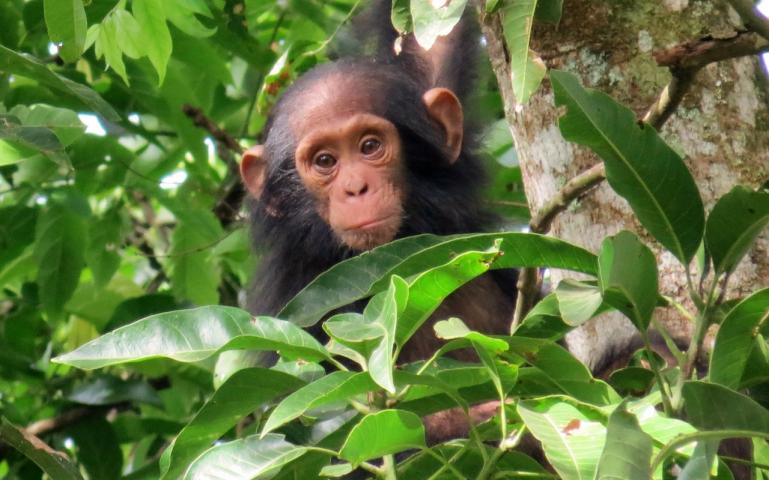In addition to myriad reasons we celebrate wildlife, on this World Wildlife Day we also reflect on the remarkable intelligence and emotional depth of animals, especially through insights from Dr. Jane Goodall’s pioneering research.

Here’s an exciting roundup of evidence of animal intelligence: Chimpanzees’ Mastery of Tools and Tactics: From Dr. Goodall’s observations in Gombe, we learned that chimpanzees craft tools from twigs to fish for termites, demonstrating not only tool use but foresight. Her studies also uncovered their coordinated hunts for colobus monkeys, showcasing complex teamwork and strategic thinking.
Emotional Richness: Dr. Goodall’s work revealed the deep grief chimps experience for lost companions, mourning the deceased with gentle touches. She also documented profound mother-infant bonds, where survival skills and social norms are passed down through generations.
Social Savvy: Through Dr. Goodall’s research, we understand the intricate social dynamics of chimpanzee communities, including complex hierarchies, alliances, and politics, reflecting a sophisticated grasp of social relationships.
Self-Medication: Chimpanzees use medicinal plants to self-medicate, evidence of their understanding of natural remedies.
Beyond Chimpanzees:
- Gorillas, like us, express a range of emotions, from laughing during play to grieving for the dead. Communication between gorillas involves a range of vocalisations, including grunts, barks, whimpers, whines, and chuckles, as well as hoots, roars, and screams. They’re also highly intelligent creatures and have been witnessed using a range of tools, from sticks to measure the depths of rivers, to twigs for scooping up food. They also make ladders from bamboo to help their young climb trees.
- Elephants engage in mourning rituals that reflect a sophisticated level of social awareness and empathy.
- Crows demonstrate problem-solving skills and planning for future needs, showing advanced cognitive abilities.
- Dolphins communicate using unique whistles, akin to calling each other by names, indicating complex social structures.
- Octopuses showcase their problem-solving skills by escaping from enclosures, highlighting their creativity.
- Raccoons: Studies of raccoon intelligence shows that they are at least as intelligent as rhesus macaques, or smarter than dogs, and also that an extraordinary amount of their brain processing power focuses on feeling, both emotionally and physically.
- And many more!

